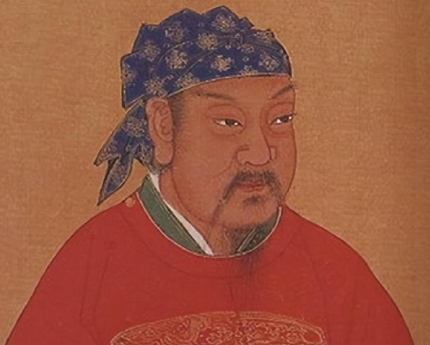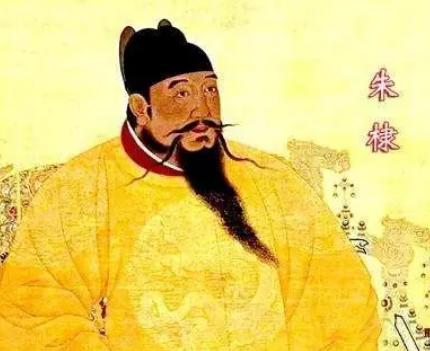Title: Luo Pin's Ghost Paintings: Unique Artistic Style and Profound Cultural Significance

In the history of Chinese art, Luo Pin's name shines like a brilliant pearl. His paintings, with their unique artistic style and profound cultural significance, have earned the love and praise of numerous art enthusiasts. Among them, his ghost paintings stand out as classic examples of Chinese ghost art, owing to their exceptional artistic charm and profound social allegory. What are the characteristics of Luo Pin's ghost paintings?
Firstly, Luo Pin's ghost paintings possess distinct era characteristics. His works reflect the social realities of the Ming and Qing dynasties, uncovering the dark side of feudal society. His ghost paintings, both in form and expression, are filled with profound reflection and criticism of feudal society.
Secondly, Luo Pin's ghost paintings exhibit a unique artistic style. His paintings feature smooth lines, rich colors, and vivid images, possessing high artistic value. His ghost paintings blend traditional brushwork charm with modern innovative spirit, creating a distinctive artistic style.
Furthermore, Luo Pin's ghost paintings encompass profound cultural significance. His paintings are not merely depictions of ghosts; they are also profound analyses of human nature. Through the images of ghosts, his paintings reveal the good, evil, beauty, and ugliness of human nature, delving deeply into the moral and ethical aspects of society.
Lastly, Luo Pin's ghost paintings possess strong practical significance. His paintings are direct reflections of reality and profound criticisms of society. Through the images of ghosts, his paintings uncover the dark side of feudal society and expose social injustices.
In conclusion, Luo Pin's ghost paintings, with their distinct era characteristics, unique artistic style, profound cultural significance, and strong practical significance, have become classic examples of Chinese ghost art. His ghost paintings are not just artistic works; they are also social allegories, profound reflections and criticisms of feudal society.
Disclaimer: The above content is sourced from the internet and the copyright belongs to the original author. If there is any infringement of your original copyright, please inform us and we will delete the relevant content as soon as possible.
































